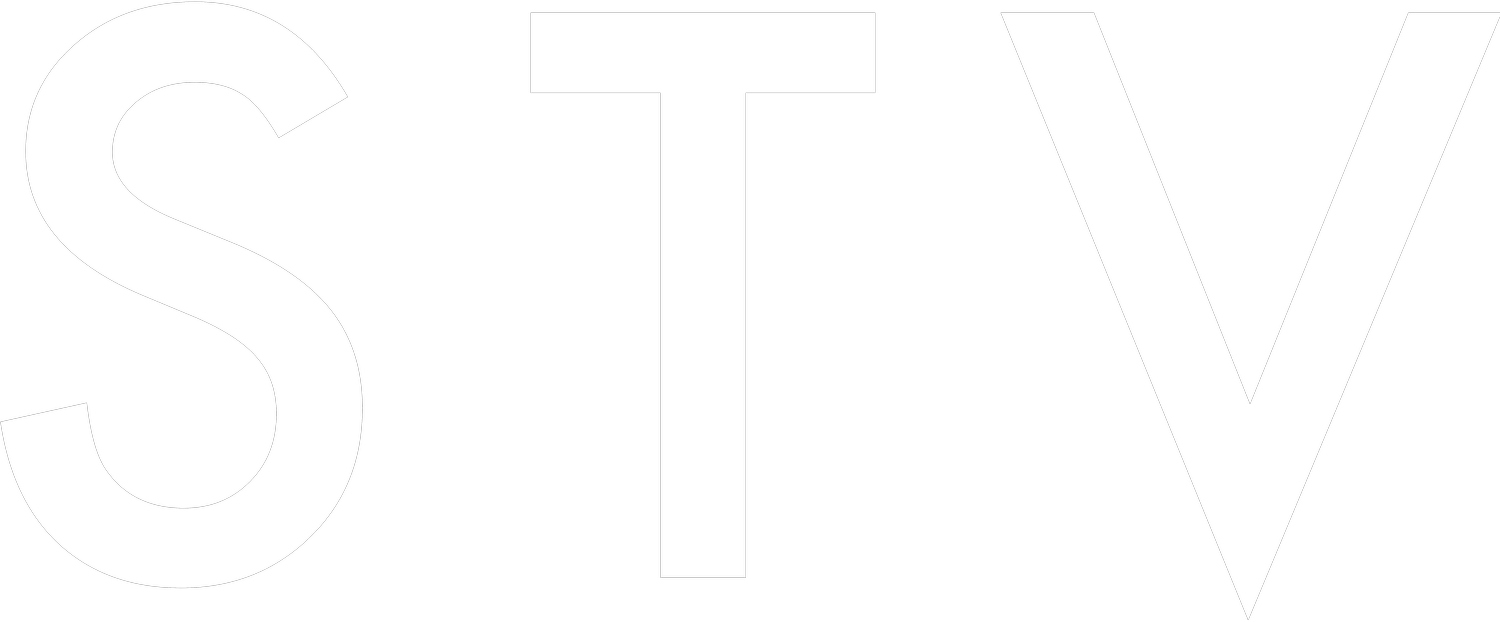The New Non-Dilutive Capital: Introducing NICE, A Founder-Friendly Alternative to Traditional Venture Debt
Non-dilutive Investment in Callable Equity (“NICE”) is a first-of-its-kind instrument in the MENA region that provides an attractive alternative to traditional venture debt – Tabby, one of our portfolio companies and MENA’s latest unicorn, was the first company to obtain this new non-dilutive financing from STV, with Hosam Arab describing the structure as “an efficient cost of capital versus equity”.
Across the world, the high-interest-rate environment and compressed equity valuation multiples are making the funding landscape of late-stage startups particularly challenging. As a result, founders are currently losing precious time and energy navigating their equity fundraising, even those that are successful are most likely to see high dilution.
You might say: “but what about venture debt?” And you would be right, there has increasingly been a shift towards venture debt in the region, even though the private debt practice in the region is still in its infancy – roughly $200m was deployed in venture debt in 2022, compared to $2.6b in equity financing (according to MAGNiTT).
However, as more of our companies have gone through the process of raising traditional venture debt and we speak to other investors and venture debt-funded startups, the shortfalls of the instrument when it comes to high-growth startups become increasingly apparent.
The clear shortfalls of traditional venture debt
1: Full downside risk: Through an asset and share pledge that venture debt providers often require, founders risk losing control of their entire company in the case of any covenant breach.
2. Fixed repayments: Venture debt has to be repaid on a fixed schedule, while future cash flows are inherently variable. So, taking on venture debt to fund sales and marketing may result in an asset-liability mismatch, which amplifies the downside risk for the startup.
3. Stringent covenants: Perhaps most critically, venture debt comes with a host of covenants that you need to adhere to, including financial and non-financial KPIs and ratios, which can put significant guard rails on the company’s ability to grow; this is the last thing that you want as founder.
Based on these factors, combined with the notoriously vague pricing and fee structure of venture debt, we think that there should be a more founder-friendly approach to non-dilutive financing. As venture capital investors at heart, we understand the struggles that come with building a lasting business, and are much more comfortable with the risk profile associated with such ventures. We fundamentally believe that managing risk through covenants, as venture debt does, is not suitable for tech startups that are inherently asset-light and need to stay agile. Through covenants, providers of venture debt have very limited recourse against the company, as the primary driver of any startup is its team and ability to scale, rather than monetizable assets.
This new instrument, dubbed NICE (no pun intended), looks to address this.
Introducing “NICE”: Non-Dilutive Investment in Callable Equity
1. No downside risk: NICE is based on callable equity, which gives founders the option but not the obligation to buy back this equity in installments over the maturity period – as such, it is a shariah-compliant structure.
2. Variable repayments: The buybacks are revenue-linked, which means that our returns are tied to your future cash flows – we win if you perform well, while we both see lower returns in case performance is not as expected. Moreover, in case you do exceptionally well, we cap the returns that we see to further align interests.
3. No covenants: As an equity-based instrument, it does not come with any covenants, which further alleviates the burden on startups. You are free to invest the capital in the best way you see fit to grow your business, which provides a big boost to your manoeuvrability.
Example NICE cash flows from a company’s perspective
To illustrate how NICE works, the chart above shows the variable repayments in the form of equity buybacks. In this example, a VC-backed company is doing $3.0m in revenues, with $2.0m in revenues being booked in the last 6 months alone, showcasing strong historical and projected growth. They raised NICE funding of $1.0m to support their revenue growth. The company buys back this investment (i.e. the shares they sold to the investor) in 6 tranches over the next 3 years at a revenue share of 7% of the corresponding period. The resulting return to the investor is 1.6x CoC, while the company’s revenue grew 2.7x over the same 3-year period.
In short, NICE is a more founder-friendly form of non-dilutive financing, which better suits the needs of high-growth startups (see table below comparison with traditional venture debt).
Comparing NICE to traditional venture debt
Tabby, one of STV’s portfolio companies and the latest unicorn in the MENA region, was the first company to receive such non-dilutive financing from STV. Commenting on NICE, Hosam Arab, CEO and co-founder of Tabby, mentioned, “This non-dilutive instrument unlocked an innovative form of financing to support the growth of the business. The instrument offered an efficient cost of capital versus equity and with no recourse or restrictive covenants that we would normally expect with venture or traditional debt instruments”
Thus far, 3 companies have raised a total of $26m in NICE funding – in addition to our funding of Tabby, Difc-based Tenami Capital provided NICE funding to GoldenScent, an ecommerce company and to YouGotAGift, the eGiftcard marketplace.
While the movement is still in its early stages, we are grateful to already see strong interest in this instrument with promising companies in the pipeline. This is truly meant to be a movement that is open for anyone to join. We look to collaborate with exciting founders and investors with the overall goal of increasing the share of founder friendly, non-dilutive financing for companies in the region.
If your startup is generating $3m+ in revenue and you are looking for new funds to fuel future growth then we would love to help, please reach out to us, we’d love to chat!



